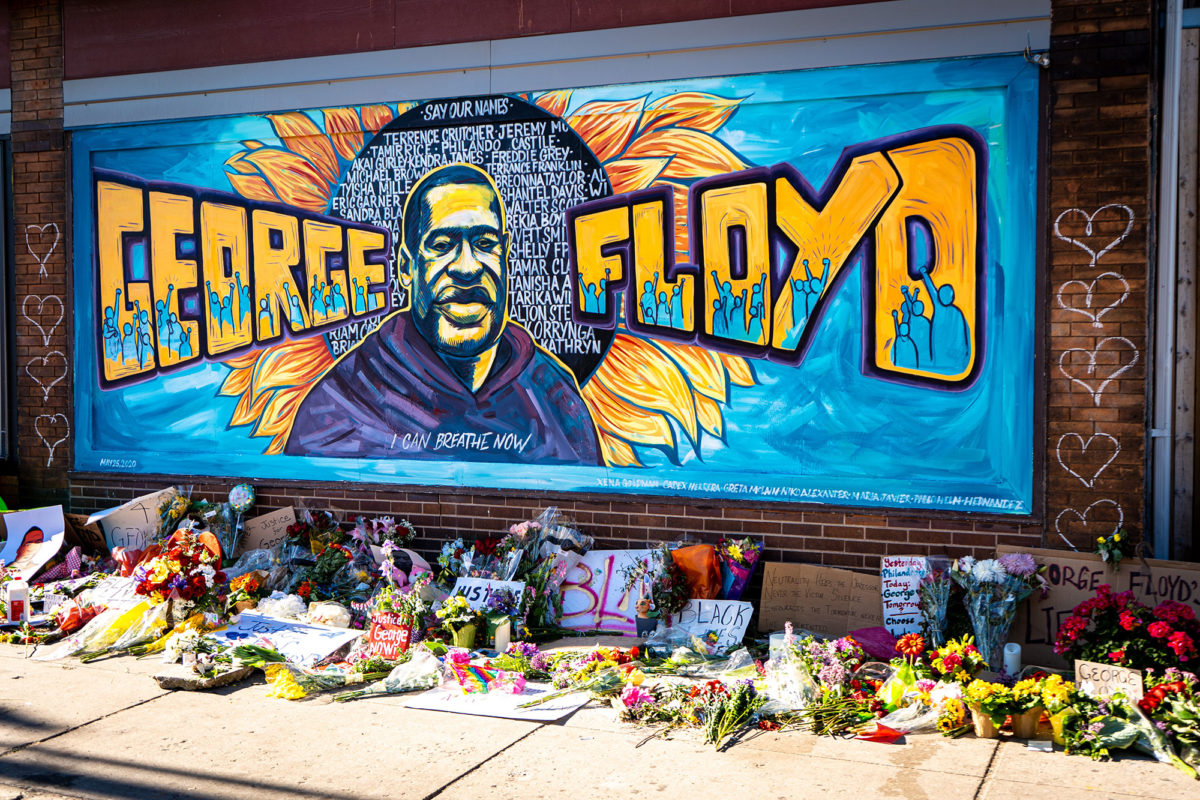

May 31, 2020
Dear ASALH Members and Friends,
Death comes too swiftly, too easily to African American communities. COVID-19 has proved this, as it ravages our people and continues to destroy life in many ways: killing our loved ones outright; terminating jobs, food, and housing; and annihilating dreams for a better future. Yet death also comes too often, too unrelentingly from acts of racial injustice. As if a death knell announcing the murder of George Floyd by Minneapolis policemen, protest rang out so loudly and furiously in cities across the nation that it silenced calls for self-quarantine and social distancing despite COVID-19. The callousness of the police officers had been captured on video for the world to see in real time. And we were reminded of more black lives ended, such as that of Breonna Taylor in Kentucky in March and Ahmaud Arbery in Georgia just a few weeks earlier in February.
African American history confirms that the cumulative impact of acts of racial violence—from black enslavement to convict leasing, from lynching to racial massacres (for example, Tulsa, Oklahoma in 1921 and Rosewood, Florida in 1923), from segregation to voter disfranchisement, and from mass incarceration to killings by the police in the twenty-first century—has proved to be a far more virulent threat to and killer of black lives than any epidemic in our nation’s past.
What must we do, then, if we truly seek to build a better world for ourselves and our children? African American history provides a three-fold answer. First, we must continue to protest, but we must do so nonviolently. Second, we must support organizations and efforts that seek to create a more just society for all people (inclusive of race, religion, and sexuality), but we must do so also by calling out acts of injustice when and where we see them. Last but certainly not least, we must vote in every election, but we must do so especially in 2020.
Sincerely,

Evelyn Brooks Higginbotham
ASALH National President
